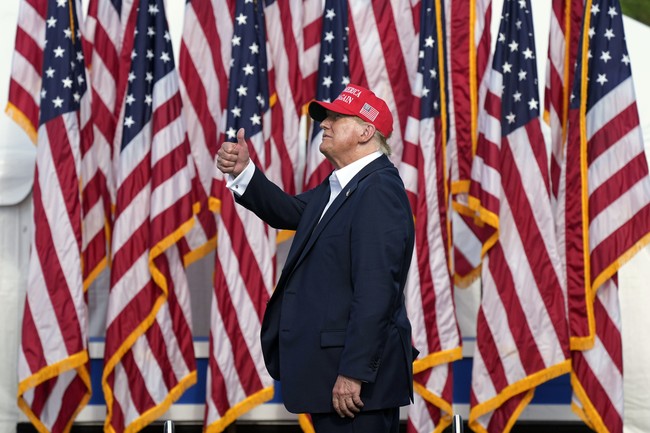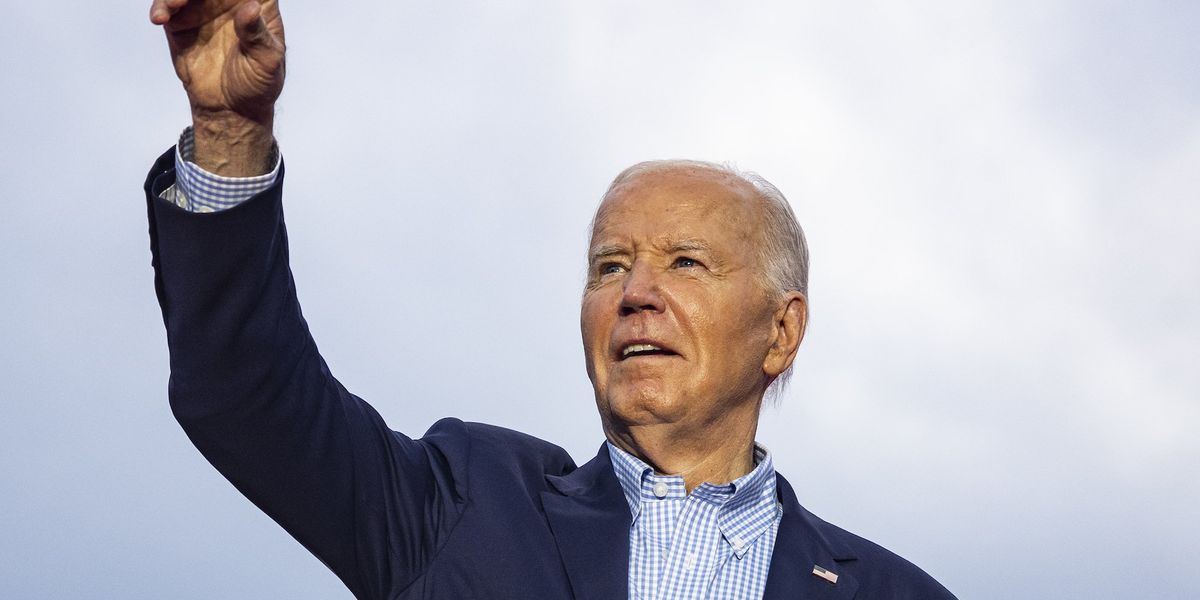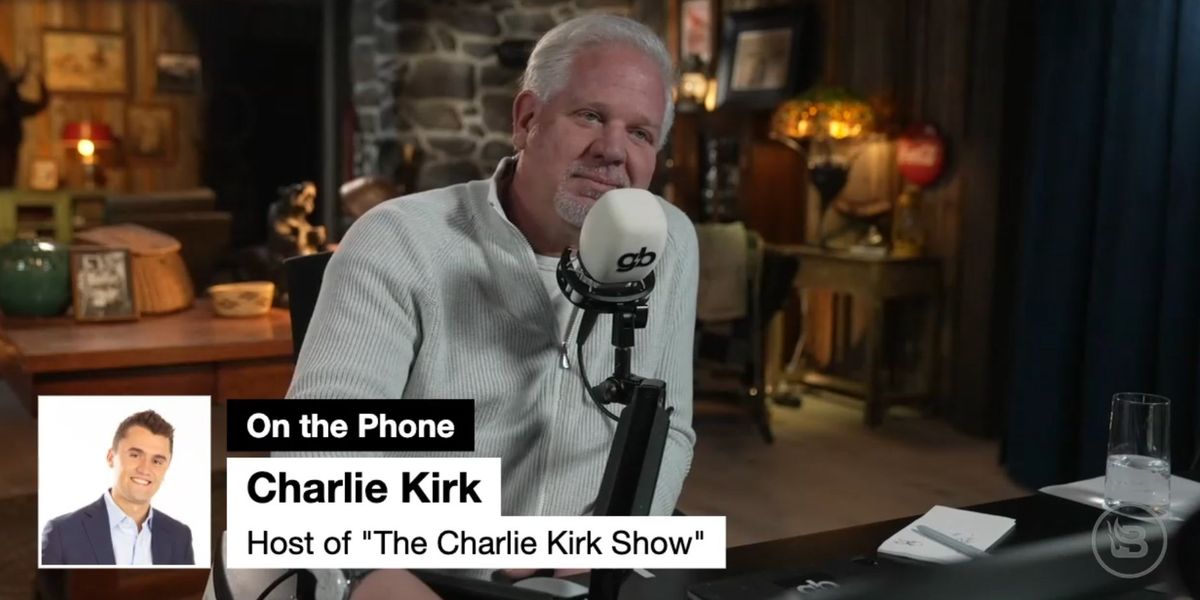One unfortunate feature of national political campaigns over the last quarter-century has been the “base turnout” model. Rather than try to modulate the message and agenda to appeal to the center, both of the major parties have focused instead on energizing their base. Barack Obama may have been the exception in this century, about which I wrote in my book Going Red, but even that was only in his first presidential election. By 2012, Obama had to rely on his base and his considerable personal approval to skate by in a close re-election effort.
Donald Trump also relied on a base-turnout model in both of his presidential elections, as did Hillary Clinton and Joe Biden. But that may be changing, prompted in part by the opening provided by Biden’s exposure as a senile figurehead in the debate. Axios reports that Trump has put in hard work to remove or rewrite controversial planks in the GOP platform, to the consternation of some in the base but with an intent to widen the Republican tent. And he may be modulating his own aggressive style to match:
Former President Trump is adjusting his agenda, the GOP platform, his vice-presidential plans — even his debate style — to win over more than a half-dozen persuadable voter groups in seven states, advisers tell us.
Why it matters: Starting with the debate, every Trump move — from personally editing the Republican platform to laying low while President Biden’s debate debacle sucked up attention — has been designed to nudge double-haters and truly undecided voters. …
- Trump rolled the RNC on abortion (the platform doesn’t call for a nationwide ban, for the first time in 40 years) and same-sex marriage (no longer a reference to “traditional marriage” between “one man and one woman”) to win over voters he knows are wary. Trump sources tell us they tried to thread a needle of broadening the party’s appeal without offending the evangelical voters who propelled Trump into office.
Trump apparently did the same with the Second Amendment. The Reload reported yesterday afternoon that the GOP removed language about legislative priorities in the gun-rights agenda, leaving only a mention of “the right to keep and bear arms” in the preamble:
The Republican National Committee (RNC) Platform Committee voted 84-to-18 on Monday to adopt the new 2024 platform language after skipping the process entirely in 2020. The finalized document leans into former President Donald Trump’s “America First” outlook and parrots many of his stances on issues ranging from immigration to trade. However, it also minimized the party’s emphasis on gun policy compared to its previous platform.
The entire platform discusses gun rights just once, in a preamble statement about the party’s dedication to defending “our fundamental freedoms, including freedom of speech, freedom of religion, and the right to keep and bear arms.” The final product omits any discussion of tangible gun policy ideas. …
The 2024 platform’s cursory discussion of gun policy priorities marks a significant departure from the party’s 2016 platform. The party previously dedicated an entire section to the Second Amendment. In it, the GOP listed specific pro-gun policies it wanted to enact, as well as gun-control measures it opposed.
“We support firearm reciprocity legislation to recognize the right of law-abiding Americans to carry firearms to protect themselves and their families in all 50 states,” the 2016 document reads. “We support constitutional carry statutes and salute the states that have passed them.”
Advocates in the pro-life and 2A movements have already expressed dismay about the distancing from their agenda in the GOP platform. However, the strategy is clear enough, and straightforward as well. Biden’s obvious incapacity has rattled American voters and stripped the Democrats of trust, and that gives Trump and the GOP a very large opening to convert people in the center, and not just the so-called “double haters.”
Furthermore, this is not moderation but modulation — strategic recalculation of the message to fit the moment, not an abandonment of principles or allies. (At least, not yet.) It would be easy enough to keep serving up red meat and aim for a narrow base-turnout win over a demoralized Democrat base, but it’s also very risky, especially with someone as naturally mercurial as Trump setting the tone. Modulation allows for a conversation with those not already fully on board, and gaining Reublicans entrée into previously closed-off voter communities.
In other words, this is politics that worked before base-turnout strategy became dominant.
The question remains, however, of whether Trump can remain disciplined enough to make it succeed. The last two weeks have given remarkable evidence that Trump learned from his refusal to modulate the chaos in 2020, in the middle of a pandemic. Trump has wisely disciplined his own impulses since the debate, forcing Democrats to remain alone in the limelight as they tear each other to shreds, and alternately try to continue gaslighting voters over Biden’s cognitive collapse. Now he’s recalculating the message to match the moment, and fine-tuning it to concerns of voter groups outside the GOP tent.
That seems promising, to say the least.
What does that say about Trump’s choice of running mate, which we’ll likely get this week? If he’s looking for someone to appeal to these same groups, we can probably put aside the real MAGA stalwarts and look for candidates who have some appeal outside the base. If it weren’t for the personal animosity that got generated in the primary, Nikki Haley would be the obvious choice here, but Glenn Youngkin would qualify, or (again) Sarah Huckabee Sanders. I suspect that Trump wouldn’t take this as far as the VP slot and will stick with people who have demonstrated personal loyalty to him, but it’s something to watch.
Read the full article here







![Demi Moore Kissing a 15-Year-Old Boy? Backlash as Video Resurfaces [WATCH] Demi Moore Kissing a 15-Year-Old Boy? Backlash as Video Resurfaces [WATCH]](https://www.lifezette.com/wp-content/uploads/2025/01/2025.01.08-01.56-lifezette-677e8417c36cf.jpg)

